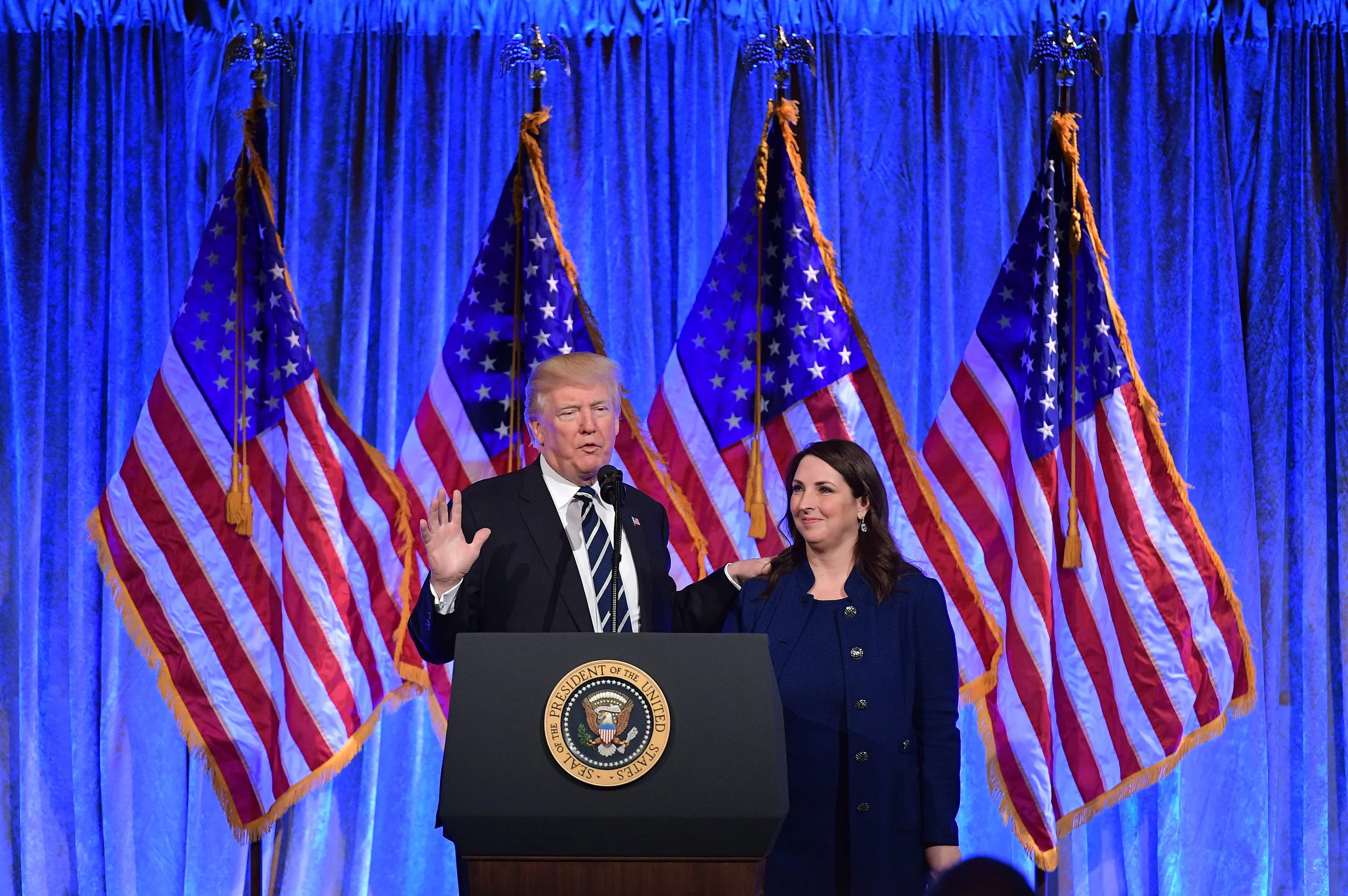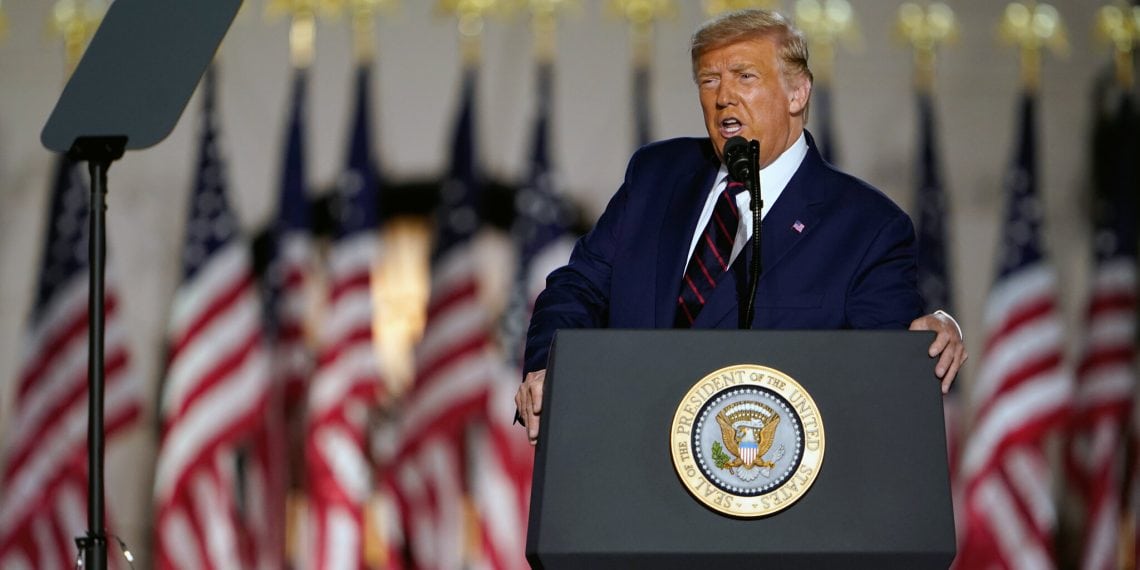Recent revelations of the Republican National Committee’s financial woes have spurred Donald Trump and his advisors into action, seeking significant changes within the party leadership. Dissatisfied with RNC Chairwoman Ronna McDaniel’s leadership, Trump has publicly and privately voiced his concerns, highlighting the urgency for reform.
Following a cordial meeting between Trump and McDaniel at Mar-a-Lago, Trump announced plans to make decisions regarding the committee’s future after the South Carolina Primary. Despite lacking direct authority to remove McDaniel, Trump’s influence remains potent, prompting discussions of potential replacements such as Michael Whatley and Drew McKissick.
The strained relationship between Trump and the RNC stems from lingering tensions over the 2020 election, with Trump blaming the committee for its perceived failures in contesting the results. Discontent has grown in recent months, exacerbated by disagreements over primary debates and a failed resolution backing Trump as the presumptive nominee.
While Trump cannot unilaterally oust McDaniel, his advisors are exploring alternative methods to shape the committee’s direction, including appointing a deputy chairman aligned with Trump’s interests, possibly Chris LaCivita.
Despite the discord, both the Trump campaign and the RNC stand to benefit from collaboration. The campaign can leverage the RNC’s resources, including data operations and fundraising, while the committee relies on Trump’s name recognition for financial support. However, legal disputes over fundraising rights have complicated their relationship, with Trump’s attorneys issuing cease-and-desist orders to stop using his name in appeals.

Moving forward, the RNC faces the challenge of meeting Trump’s expectations for fundraising while operating under legal constraints. While the committee may seek to reconcile with Trump to regain financial stability, bridging the gap between expectations and reality poses a significant hurdle.














